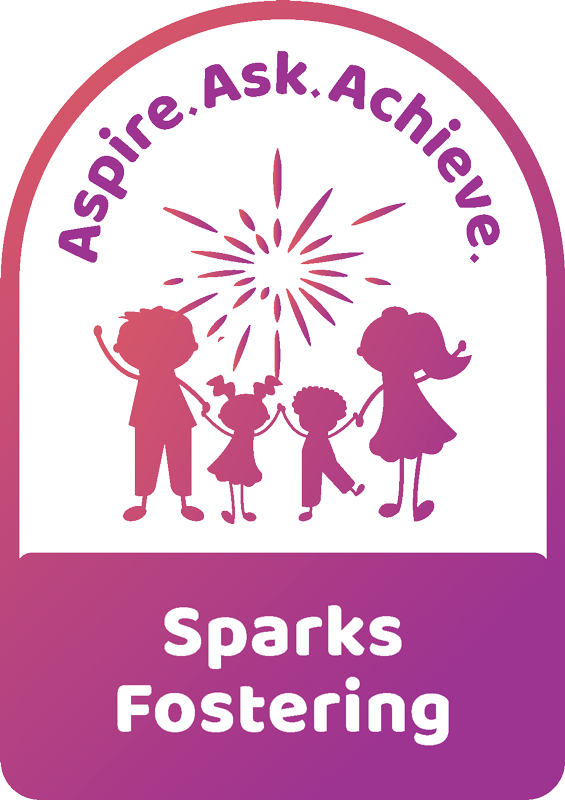The National Minimum Standards for fostering
The National Minimum Standards (NMS) for fostering are one of the three main regulatory guidance documents to be followed by fostering providers. The three main fostering regulatory guidance documents are:
-
The Fostering Services (England) Regulations 2011 (usually referred to as the ‘fostering regs’)
-
The Fostering Services National Minimum Standards (NMS)
-
The Children Act 1989 Guidance and Regulations Volume 4
Indeed, Ofsted inspections of fostering services review the compliance of the fostering provider with these three regulatory guidelines.
The National Minimum Standards are written in a more accessible and easy to understand way than the regulations and Children Act; however, there is a significant overlap in the content. Ultimate all three documents outline core principles which ensure that children in foster care receive a good level of support.
Standards 1 to 12 of the National Minimum Standards are ‘Child Focused Standards’ which provide the foundation for care to be provided to the children. The Child Focused Standards cover the child’s wishes and feelings; promoting a positive identity; promoting positive behaviour and relationships; safeguarding children; children missing from care; promoting good health and wellbeing; leisure activities; promoting educational attainment; promoting and supporting contact; providing a suitable physical environment; preparation for placement; and promoting independence.
Standards 13 to 31 are linked to ‘standards of the fostering service’ and cover: recruiting and assessing foster carers; fostering panels; matching; statement of purpose and children’s guide; fitness to administer fostering service; financial viability; suitability to work with children; learning and development; supervision and support; allegations of harm; monitoring the service; records; fitness of premises; payment to carers; notification of significant events; and placement plan and review.






